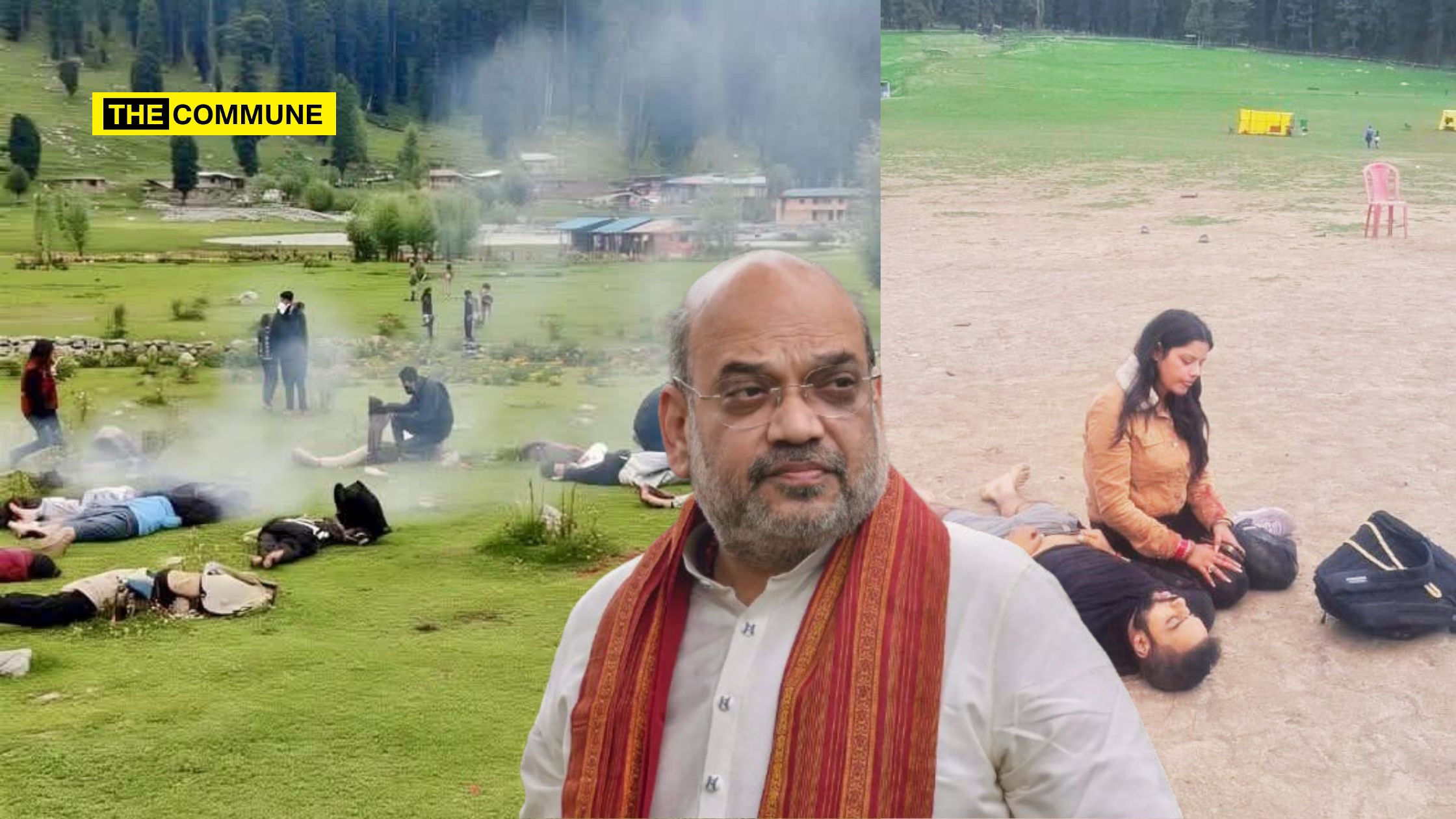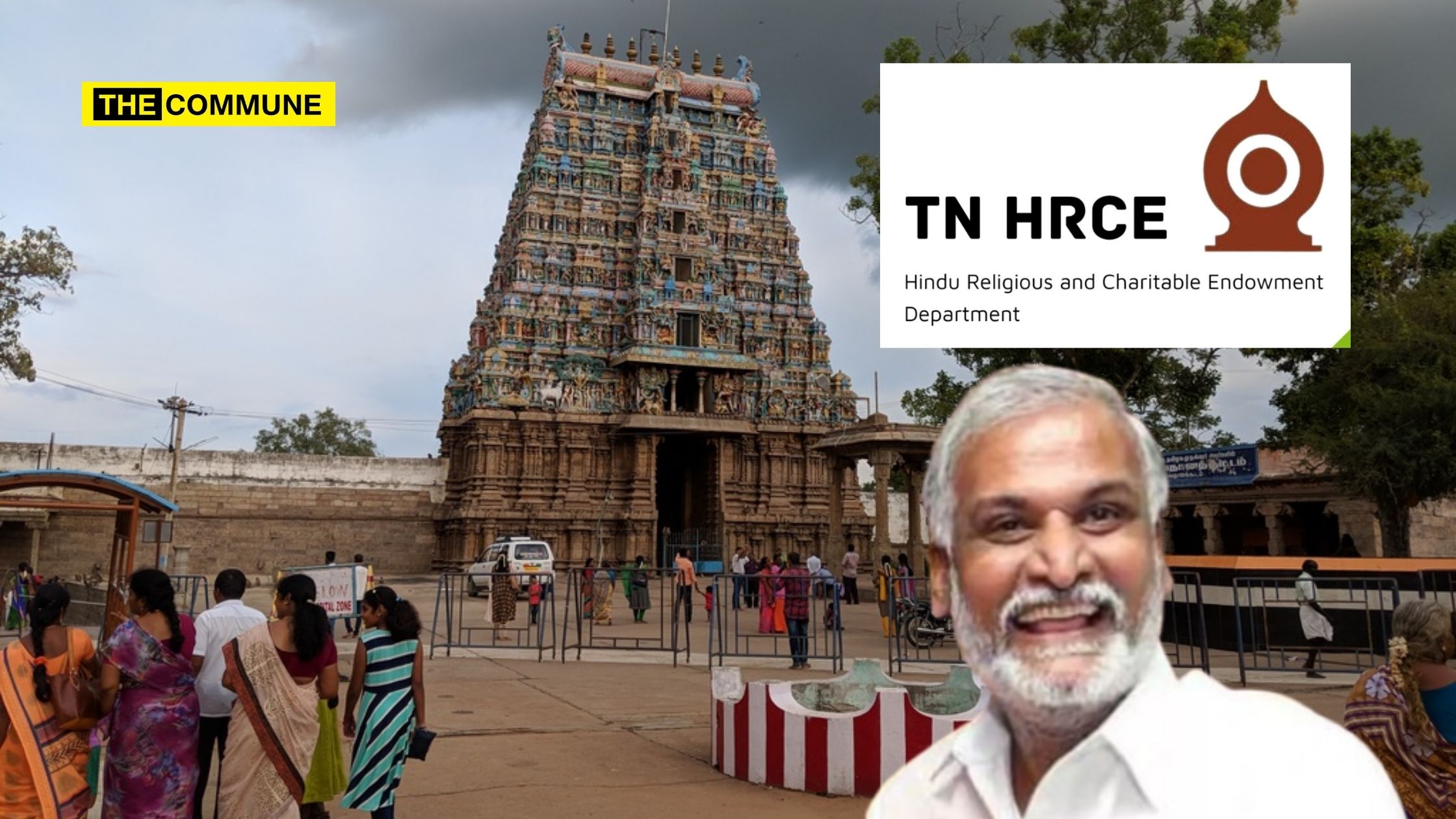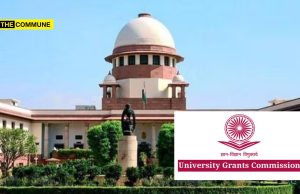
In the wake of the deadly terror attack in Pahalgam, Jammu and Kashmir, which claimed the lives of 28 people—mostly Hindu tourists—the central government admitted to possible security lapses during a high-level all-party meeting held on Thursday. The closed-door meeting, chaired by Defence Minister Rajnath Singh, brought together senior ministers and key opposition leaders to discuss the incident and India’s response.
“If nothing had gone wrong, why would we be sitting here? There have been lapses somewhere that we have to find out,” a senior government figure reportedly told opposition members during the briefing, according to sources.
The attack in the Baisaran meadow area of Anantnag district has ignited political outrage across the country. Opposition leaders pressed the government for answers on the apparent failure in security arrangements. “Where were the security forces? Where was the CRPF?” several participants reportedly asked.
In response, Home Minister Amit Shah reportedly clarified that the Baisaran area had been opened to tourists without police clearance, in violation of standing procedures. According to Shah, local authorities, hotels in the region failed to inform security agencies about tourist movements, despite the area traditionally remaining closed to visitors until the annual Amarnath Yatra in June.
Shah further informed the gathering that while 500 security personnel were deployed in Pahalgam that day, none were stationed at Baisaran. The nearest CRPF and Army camps were located 5–7 km away. The CRPF, alerted by local pony operators, was the first to respond to the scene. The Army, citing standard policy, said it had no specific intelligence and was instructed to avoid tourist-heavy areas in the absence of credible threats.
HM Amit Shah told all-party meeting that Baisaran meadow opened for tourists without police permission, hotels should have informed. Takes 45-mins to trek.
Terrorists did not use any communication signal within 50 kms for at least 5 days before the attack.
There were 500… https://t.co/kWDNykPPp3— Vijaita Singh (@vijaita) April 25, 2025
Officials also revealed that the terrorists behind the attack had maintained strict radio silence, using no communication signals within a 50-kilometre radius for at least five days prior to the assault. The remote nature of the location — a 45-minute uphill trek from the nearest road — and the absence of a dedicated Standard Operating Procedure (SOP) for emergencies further delayed response efforts.
Despite intense discussions and sharp questions from the Opposition, the meeting concluded on a unified note. Parliamentary Affairs Minister Kiren Rijiju told reporters that all parties expressed their full support to the government in combating terrorism.
(With inputs from India Today)
Subscribe to our channels on Telegram, WhatsApp, and Instagram and get the best stories of the day delivered to you personally.




